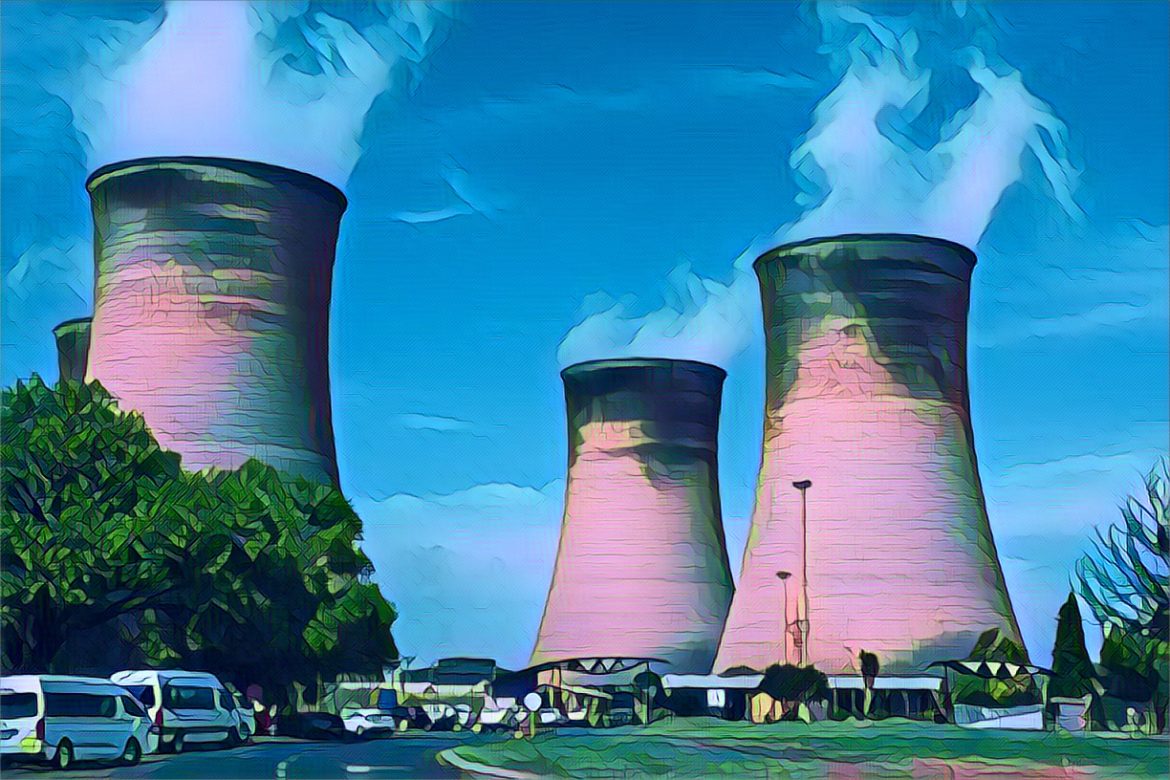Zimbabwe has embarked on a significant shift in its energy strategy by starting the decommissioning process for three of its aged thermal power stations, located in Harare, Bulawayo, and Munyati. This decision, as reported by The Herald, Zimbabwe’s leading daily, marks a pivotal moment for the country’s approach to energy production and environmental sustainability.
The Zimbabwe Electricity Supply Authority Holdings, the nation’s state-owned power utility, cited the deteriorating condition and the soaring costs of maintaining these coal-fired generators as the primary reasons for their shutdown. With a combined generation capacity of 240 megawatts (MW), these stations ceased operations between July and September 2023, signaling the end of an era for Zimbabwe’s energy sector.
Energy and Power Development Minister Edgar Moyo highlighted that the plants, having surpassed their 25-year life expectancy by an average of 50 years, were no longer viable to operate. The advanced age of these facilities, coupled with the increasing financial burden of running them, led to the government’s decision to phase them out.
One of the critical challenges faced by these power stations was the inefficient transportation of coal. Zimbabwe’s inadequate rail infrastructure forced the reliance on road transport for coal supplies from Hwange, located in the northwest of the country, further inflating the operational costs.
Minister Moyo also touched on the broader context affecting the future of such energy projects: the global shift away from fossil fuels due to climate change concerns. This shift has made it increasingly difficult to secure funding for repowering or upgrading older coal-fired power stations, pushing Zimbabwe to reconsider its energy generation strategies.
The decommissioning of these thermal power stations is not just a reflection of their obsolescence but also signifies Zimbabwe’s potential pivot towards more sustainable and economically viable energy sources. As the world moves towards greener energy solutions, the decision to decommission these coal plants aligns with global trends and the urgent need to address climate change.
This move also opens up discussions about the future of Zimbabwe’s energy sector, particularly how the country plans to replace the decommissioned capacity and meet its energy demands. It highlights the importance of investing in renewable energy sources and modernizing the energy infrastructure to ensure reliability, sustainability, and affordability of power in Zimbabwe.
As Zimbabwe navigates through these changes, the decommissioning process of the Harare, Bulawayo, and Munyati thermal power stations serves as a critical juncture. It represents a step away from the legacy of coal and towards a future that could be powered by cleaner, more sustainable energy sources. This transition, while challenging, is essential for Zimbabwe’s environmental stewardship, economic health, and energy security in the years to come.


